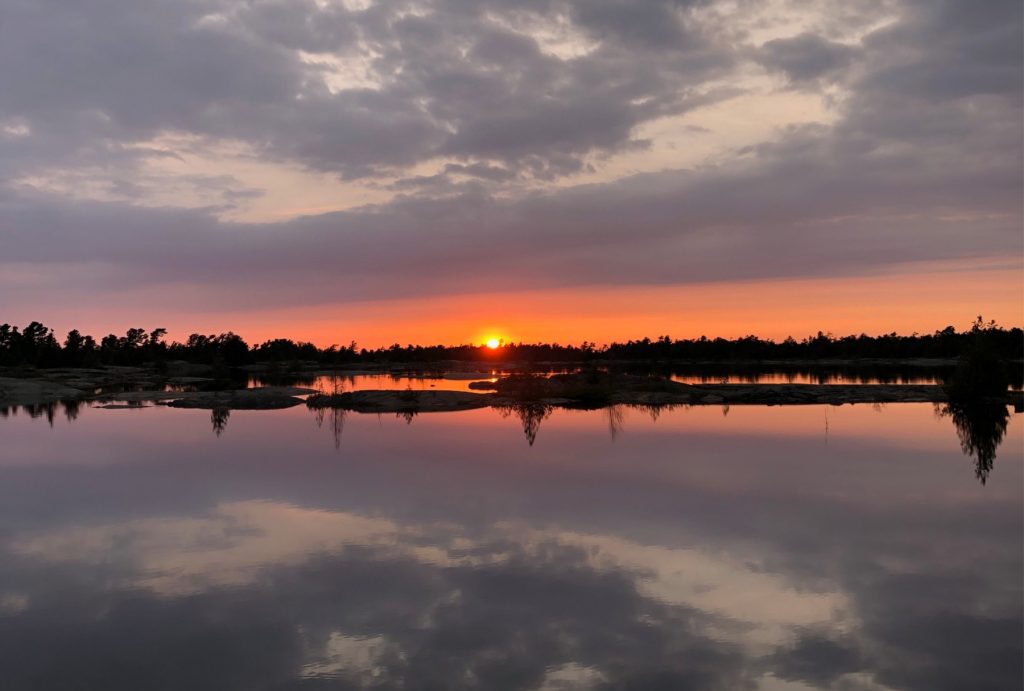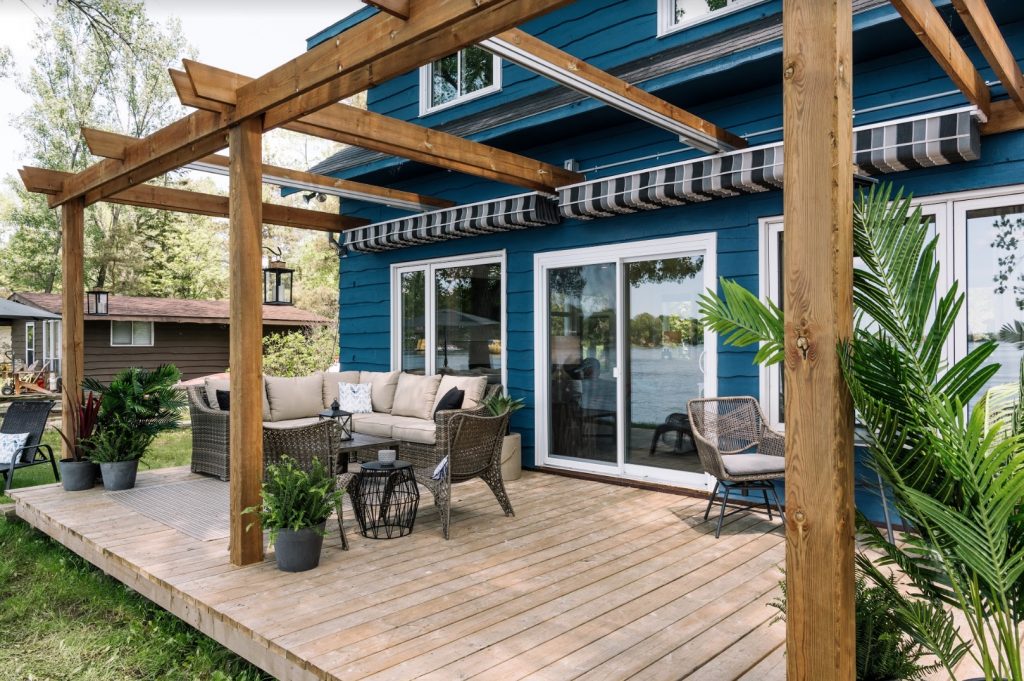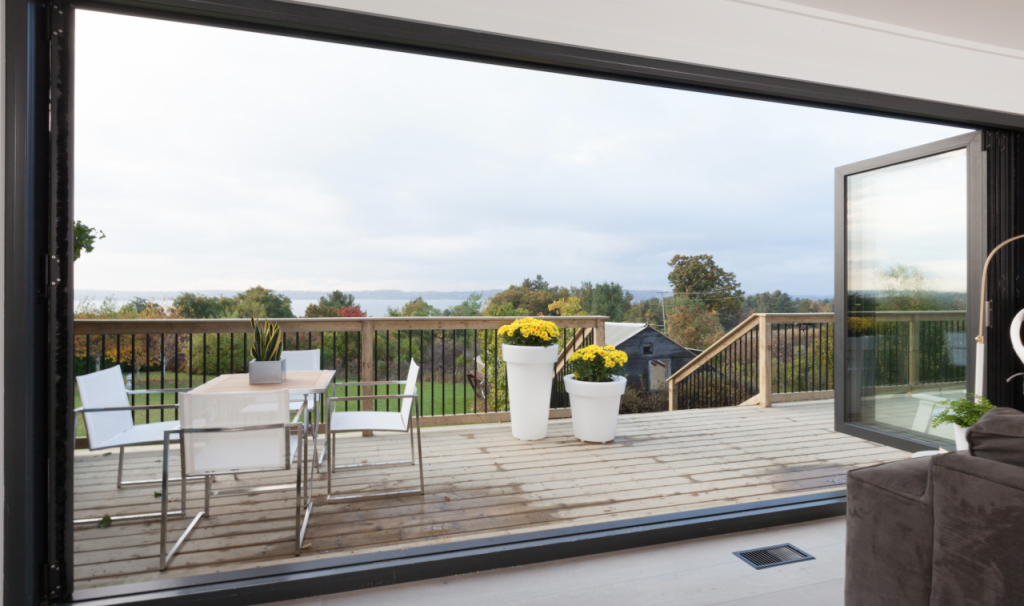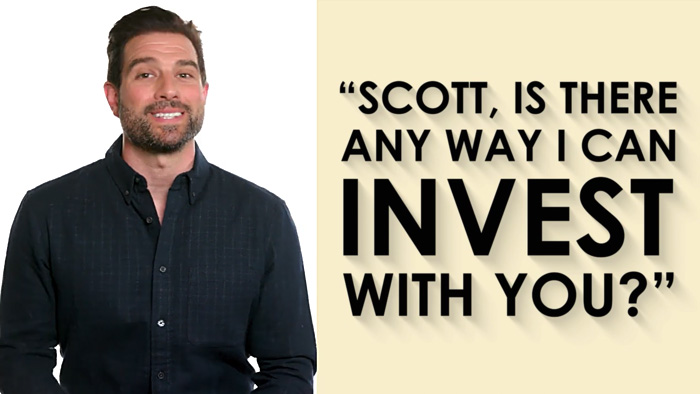Vacation Properties: Pros and Cons

Vacation properties are one of my favourite types of real estate investments. When it comes to the amount of money you can make they’re pretty much on par with executive rentals, but on the flip side, they also have some special considerations that don’t often come up with traditional income properties. Before you take the plunge and purchase a vacation property make sure you’ve considered the pros and cons.

PROS:
- High levels of personal enjoyment and ROI because you can use it when you want and have it make money for you when you don’t.
- If you rent it out you can make more money in shorter periods of time than with traditional income properties (such as secondary suites or student rentals), particularly in the high seasons.
- You can offset a good portion of your expenses if you rent the property. Since it’s technically a business you can write off some of the expenses associated with maintaining it.
- You can build up a roster of return renters season after season and potentially have your place booked a year (or more) in advance.

CONS:
- Can sit empty for long periods of time, particularly in the low seasons.
- Because they can sit empty for long periods it can result in increased insurance costs.
- Requires someone to clean and maintain the property when you’re not there. (With vacation rentals it’s a good idea to charge renters a cleaning fee).
- The high turnover rate can mean more work on your part (posting the rental, reviewing applications, cleaning between renters, etc).
- There are certain risks that aren’t as prevalent with traditional rentals. For instance, in many coastal locations you have the risk of adverse weather (hurricanes, flooding, etc.). This can affecti the condition of the property, and your insurance.

When it comes to vacation properties a good rule of thumb is that if you can’t afford it on your own without the revenue you’d get from renting it out, a vacation property is not a smart financial investment. However it might be a great personal investment. Make sure you’re comfortable with the difference between the two before you commit.
If you want to learn more about some of the pros and cons of owning vacation properties, check out episode 9 of the Real Estate Rebel Podcast – How Vacation Properties Can Fast-Track Your Retirement. I had a great talk with Michelle Kelly, editor of Cottage Life magazine, and she offered some great additional insight.
Top photo courtesy of The Covet Files. All other photos courtesy of HGTV.ca.

Comments